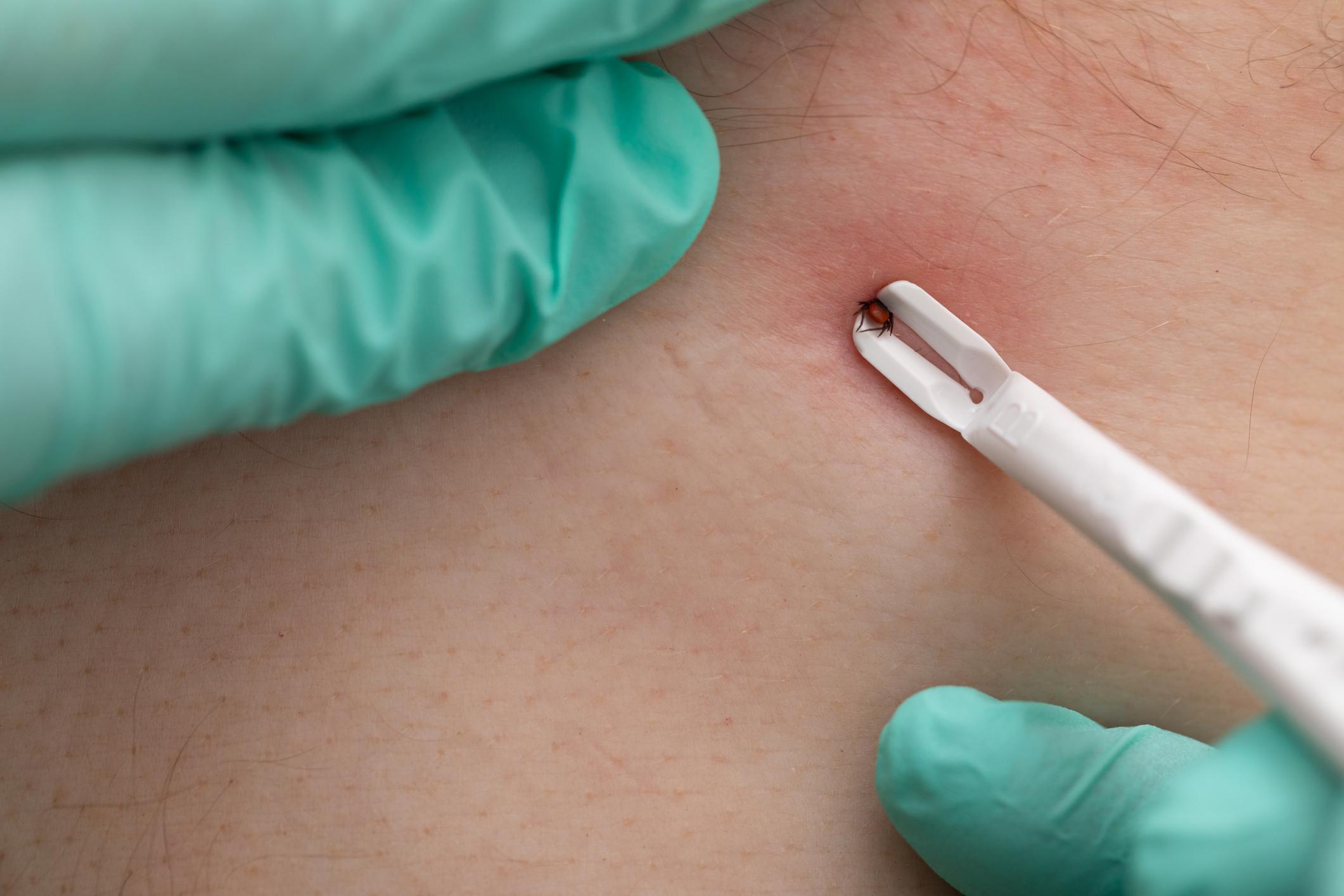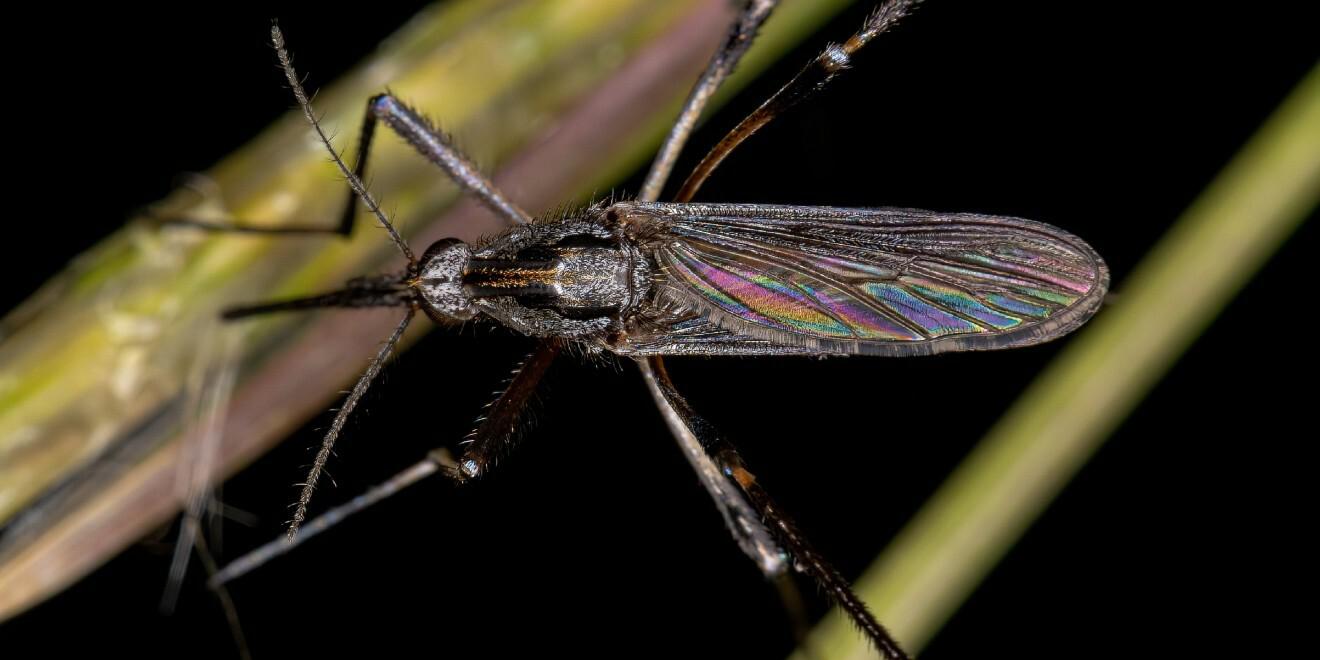How Do You Tell the Difference in Ticks When They Are Fully Engorged?
Posted by Mosquito Squad
May 20, 2018
We all know basically what ticks look like. It’s a little speck that can range from the size of a poppy seed to the size of a sunflower seed. It’s brownish, blackish, reddish in color. It has some kind of design on it’s back maybe? Actually, most of you have probably at the very least looked up a picture of deer tick because around here, if you do find a tick attached to you, you are going to want to know if there is a chance of contracting Lyme disease.
However, there is a new question for you. Do you know how to tell a deer tick from another tick once it is engorged? When a tick takes a meal and becomes full it appears very different than before. The color changes, the markings may disappear, sometimes it barely looks like a tick at all. However, there are some specific characteristics of the tick you can look for:
- Scutum – This is the part of a tick right behind the mouthpiece. It looks a bit like a shield and is different from tick to tick. Female ticks have a smaller scutum than male ticks.
- Festoons – This grooved part at the back end of a tick is present on all ticks except the Ixodes varieties.
- Length of Capitulum – This is the tick’s mouth parts. The length can help determine the type of tick.
- Location and Time of Year – by following Tickencounter.org you can use their current tick activity information to determine what ticks are active by the time of year and location.
With tick illnesses being so prevalent these days and Lyme being at epidemic proportions in Massachusetts, if you find a tick on you, your family, your pet or even just in your clothes, you are going to want to know what kind of tick it is and what the possibilities of disease are.
However, at Mosquito Squad of Franklin & Framingham, we’d rather you not have to make that identification. Using our tick control systems will eliminate the majority of those ticks existing in your yard and work on prevention for next year. It’s great to know what to look for, but even better not to need to know! Call us today to discuss the best tick protection system for you.















